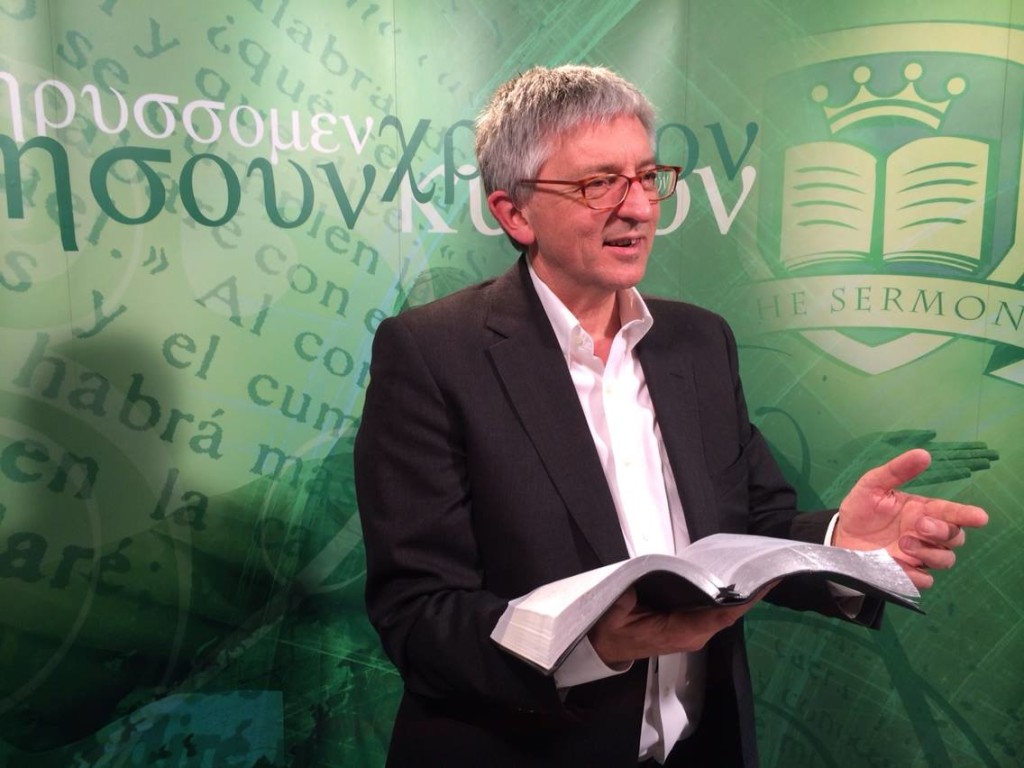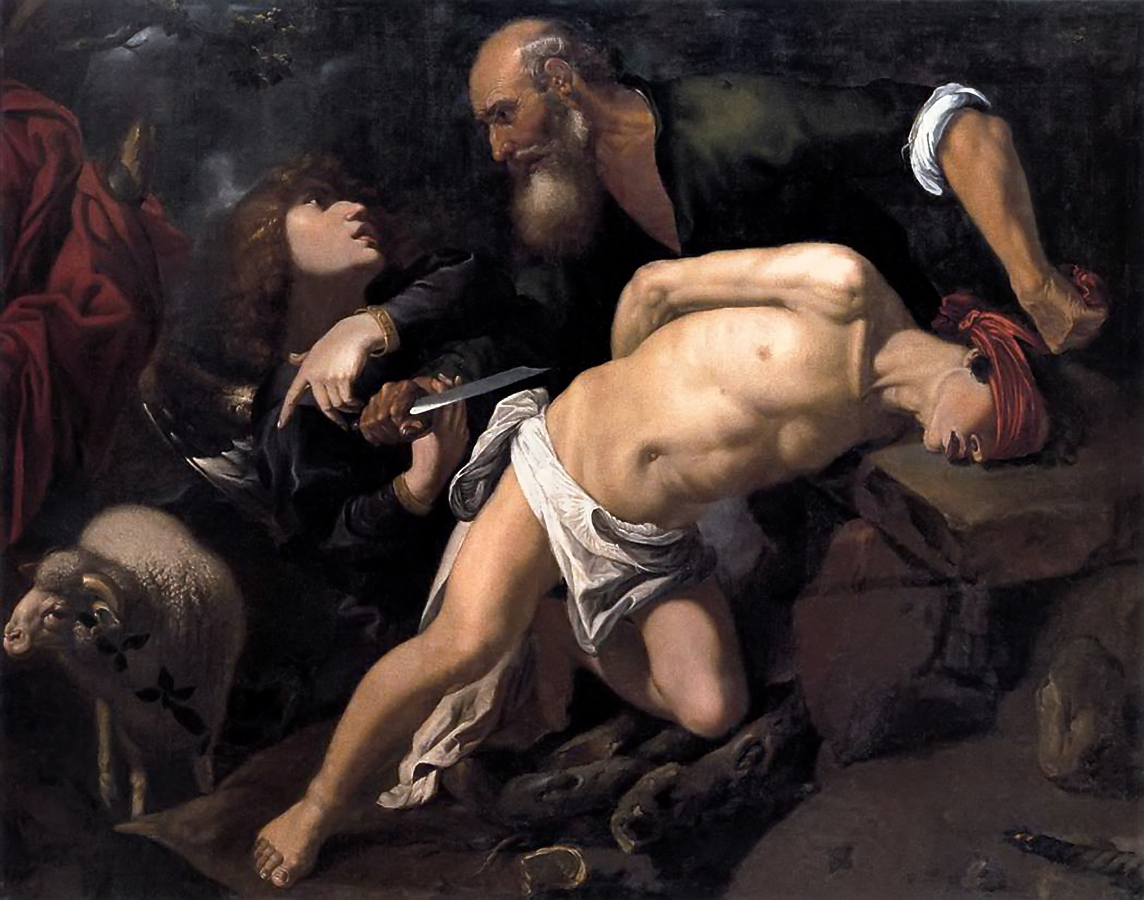I suspect Russell Crowe and the producers of his latest film, in cinemas from next week, had wished they had released Noah in January at the height of the wettest winter on record. The film has inevitably aroused controversy. On the one hand for being creative with the Scriptures, but on the other for assuming that the Flood really happened.
It has certainly divided my Facebook friends. When challenged as to whether I really believed in the story of Noah. I simply replied, “Jesus clearly did, and that is good enough for me.” In our series the Passion of Jesus, as we prepare for Easter, we are listening to Jesus explain the meaning of his death, the significance of his resurrection, the implications of his ascension and the signs of his return. In the first half of Matthew 24, last week, we saw how Jesus answered his disciples’ question.
“What will be the sign of your coming and of the end of the age?” (Matthew 24:3).
I recommended viewing these verses through varifocal lenses. For Jesus describes: The Beginning of the Last Days. The Signs of the Last Days and the End of the Last Days. And all are in perfect focus.
In the verses before us today, Jesus elaborates on the events immediately preceding his return. I want to draw out three implications for us:
1. Jesus will return to an unsuspecting world
2. Jesus will rebuke unfaithful hypocrites
3. Jesus will reward his diligent servants





 Would you like to help make history? South Sudanese Christians have asked for our help to fund the translation of the
Would you like to help make history? South Sudanese Christians have asked for our help to fund the translation of the  Here are
Here are 



 Our son Michael celebrated his 21st birthday last week. When he was born, five weeks premature, and I held that little bundle of life in my hands for the first time, I didn’t know whether the Lord who had given us a son would take him back again. Although I wasn’t quite as old as Abraham, it was the first time I could really identify with him. Twenty one years later, Mike is taller, more intelligent and more attractive than me.
Our son Michael celebrated his 21st birthday last week. When he was born, five weeks premature, and I held that little bundle of life in my hands for the first time, I didn’t know whether the Lord who had given us a son would take him back again. Although I wasn’t quite as old as Abraham, it was the first time I could really identify with him. Twenty one years later, Mike is taller, more intelligent and more attractive than me. I modestly suggest ten rules for the introduction of new music without pain, if sensitivity and careful explanation are used in the exercise.
I modestly suggest ten rules for the introduction of new music without pain, if sensitivity and careful explanation are used in the exercise.